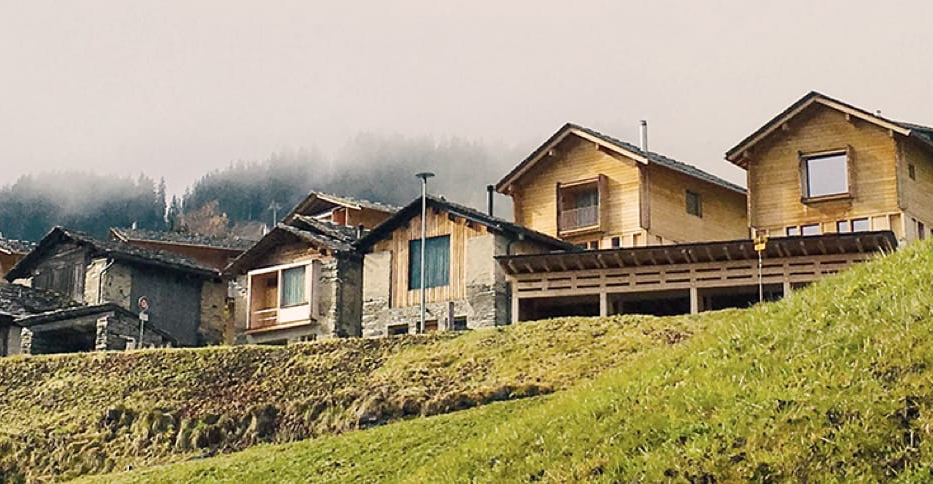Most land registries are flexible: A land register extract can be ordered by phone, email, letter or online. The document usually arrives by post within three days.
The land registry office provides verbal information free of charge. A written land register extract is subject to a fee. The fees vary from canton to canton and, in general, are between CHF 20 and 30 (with Zug the most expensive at CHF 45). There is usually also a surcharge of around CHF 20 for notarization.
Many cantons provide an online land register map that can be used by owners. The plots of land are numbered, and official cadastral surveys are entered. In addition, many cantonal land registry offices offer an online desk where you can order the relevant land register extract with just a few clicks. This makes it particularly easy to view a land register entry.




